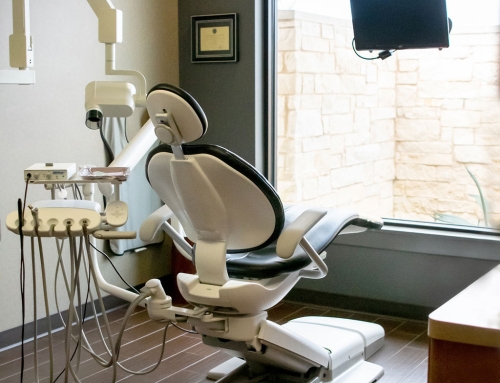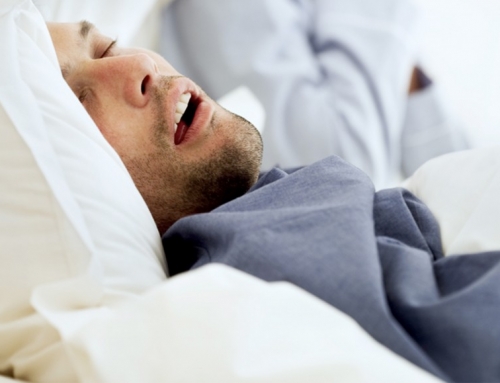Why Does My Child Grind Their Teeth?

You may have noticed a horrible grinding sound coming from your child while he or she is sleeping. It is understandable for most parents to be worried about this, but studies show that this occurrence is fairly common in children. The grinding usually starts when they already have something to grind with and usually end by the age of 10 as they reach adolescence. Nonetheless, parents want to know “why does my child grind their teeth?”.
Possible causes of teeth grinding
Bruxism, or teeth grinding, can occur both in children and adults for a lot of reasons, such as stress, missing, or misaligned teeth. It can also occur in infants for the following causes:
Teething – When tooth has started to grow in infants, they usually clench their jaws because of the pain they feel in their gums.
Pacifier – Because of the continuous use of pacifiers, very small children tend to get used to the circular motion their jaws make when they have one in their mouth.
Earaches – This problem which often results from allergies, can cause children to grind their teeth.
Hyperactivity – Hyperactive children are more likely to experience teeth grinding.
In the case of older children, some causes of teeth grinding include:
Growth of new adult teeth – Bruxism usually happens when children grow their first “milk teeth” and when they lose those teeth to make way for the adult ones. This “mixed-dentition” period tends to be when parents notice their child’s grinding the most.
Stress – This is the most common cause of bruxism, both in adults and children.
Mal-aligned teeth.
Prevention
There is little that can be done in the prevention of bruxism in a child, as methods that are commonly used in adults, such as night guards, are ineffective due to the tremendous amount of growth and change in a child’s mouth. And it is because of this growth that no treatment is indicated as we notice that most children outgrow it by adolescence. To address any questions or concerns, simply bringing your child for an exam to help determine if any damage has been caused. Contact our doctors today at 281-395-2112 and know more about how you can protect your child’s teeth.





